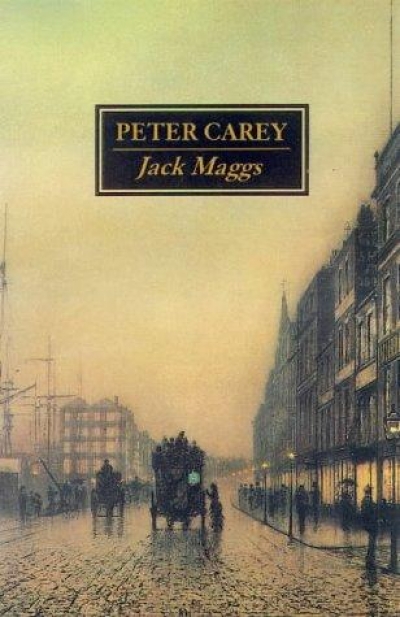Great Expectations
Film-wise, 2013 has been the year of adapting dangerously. Dangerously, that is, in the sense of daring to affront devoted readers of the original novels or plays, valuing enterprise over fidelity. Now, just after admirable versions of Much Ado about Nothing and What Maisie Knew have finished their runs, we have director–screenwriter Andrew Ada ...
What is it about Great Expectations (1861) that makes it seem indispensable? Can it be its hero, Pip’s, search for a liveable identity? The small, terrified, often bullied child gets a glimpse of ‘the quality’ albeit in desuetude, becomes dissatisfied with being a blacksmith, receives the eponymous expectations, and tries to become a gentleman before settling for a more modest role and coming to a truer sense of what matters about human beings. Is it also a question of marvelling at how lives can be manipulated? When the child Pip, out of terror rather than altruism, helps a runaway convict on the Kentish marshes, his life is upheaved by Magwitch’s gratitude. The child Estella, whose origin is unknown until late in the book, is raised by the embittered, jilted Miss Havisham to wreak revenge on the male sex. Structurally and thematically, this may be Dickens’s most potent work, with everything seeming to bear on these central concerns.
... (read more)
